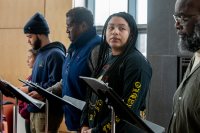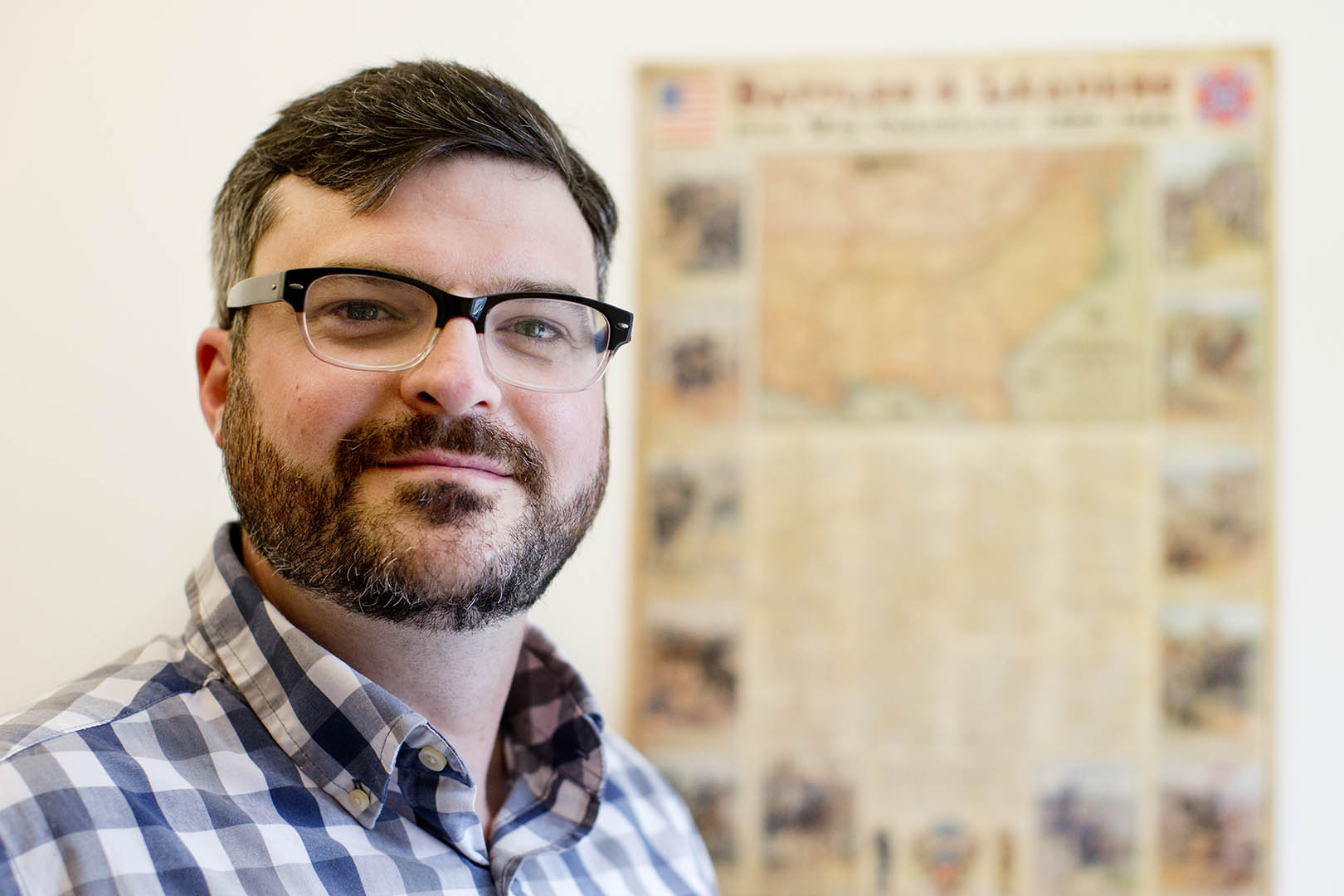
Sociologist to discuss race and diversity at Bates
Troy Duster, professor of sociology at New York University, will give a talk titled “Colorblindness and the Veil of Privilege: From Redress to Diversity and Back” at 12:30 p.m. Wednesday, Oct. 29, in the Edmund S. Muskie Archives, Campus Avenue, Bates College. Sponsored by the Office of Affirmative Action and Institutional Diversity, the talk is open to the public free of charge.
“Throughout U.S. history, the debate about how African Americans can and should best relate to this country has waged back and forth, between assimilation/integration to separation/autonomy,” Duster says. Martin Luther King Jr. and Malcom X personified this debate between 1955 and 1965, he says, a decade in which racial integration had a very different meaning than it does today. In his presentation, Duster explores an alternative to this either/or version of assimilation and suggests that we are now witnessing a convergence of the legacies of the two civil rights leaders.
Chairman of the Board of Directors of the Association of the American Colleges and Universities, and Chancellor’s Professor at the University of California, Berkeley, Duster received the 2001 American Sociological Association’s Du Bois-Johnson-Frazier Award for lifetime contributions to the study of African Americans. He has received a number of research fellowships, including awards from the Guggenheim and Ford foundations. A member of the National Advisory Council for Human Genome Research, he chaired the project’s advisory committee on ethical, legal and social issues. According to Black Issues in Higher Education,” Duster “tackles some of the weightiest ethical and social issues surrounding the human genome and identification of genes that may contribute to disease.”
Duster has published widely. His books and monographs include (Routledge, 2003), an exploration of the social implications of the new technologies in molecular biology.




